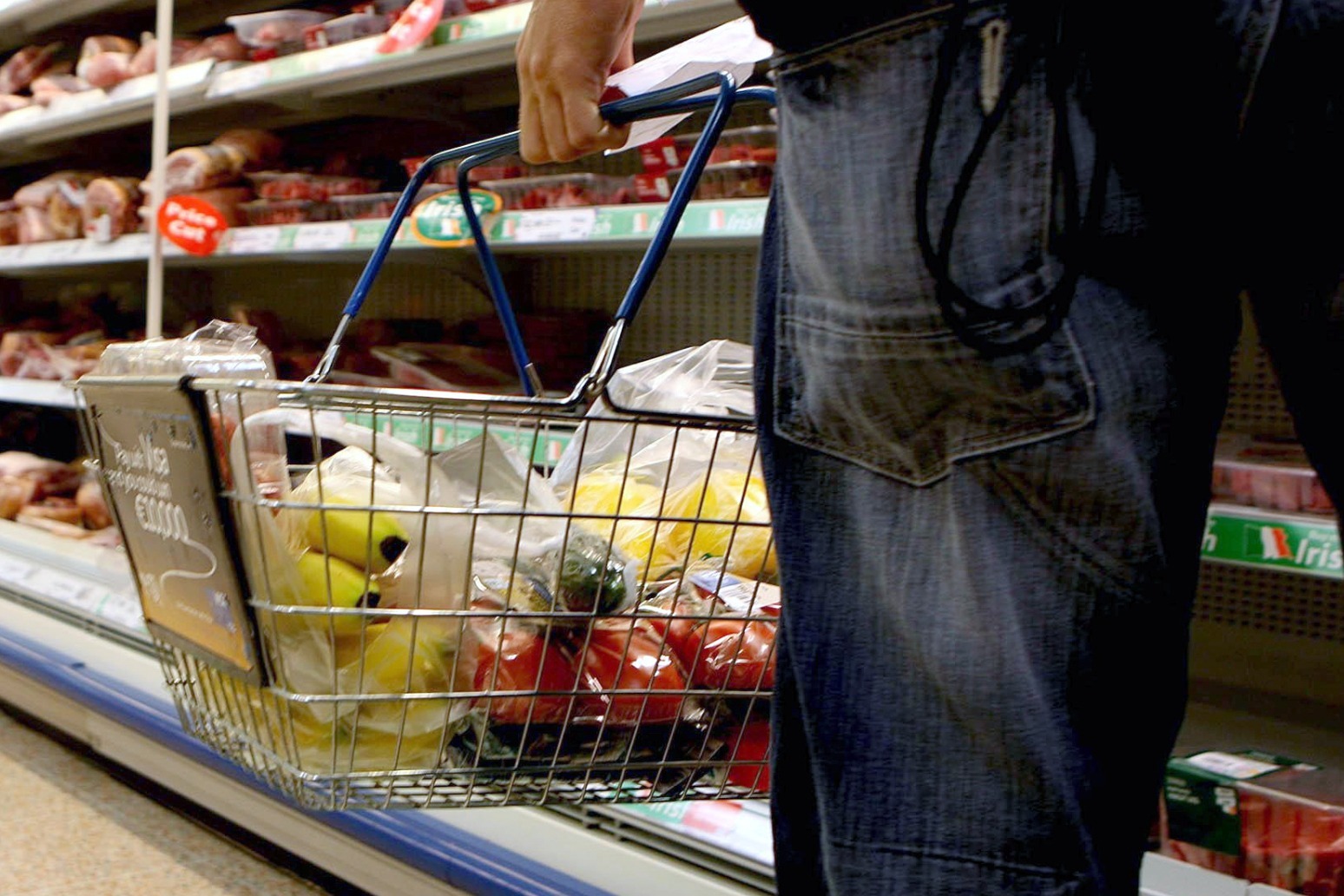
Retailers hit out at plans for voluntary price caps on some foods
The Government is facing a backlash from retailers over its plans to encourage supermarkets to impose voluntary price caps on food staples to help with the cost of living.
Downing Street is understood to be drawing up proposals to advocate for charging the lowest possible amount for some basic products like bread and milk.
But the British Retail Consortium (BRC) said the measures would not make a “jot of difference” to pricing and warned they could thwart efforts to cut inflation.
The opt-in scheme, modelled on a similar agreement in France, would allow supermarkets to select which items they would cap, the Sunday Telegraph reported.
It was ridiculed by opposition MPs on Sunday who compared the plans to pricing controls introduced by Conservative prime minister Edward Heath in the 1970s.
A No 10 source said the proposals are at “drawing board stage” but stressed they would only be implemented at retailers’ discretion.
“The Government is not considering imposing price caps. Any scheme to help bring down food prices for consumers would be voluntary and at retailers’ discretion,” a Government spokesperson said.
“We know the pressure households are under with rising costs and while inflation is coming down, food prices remain stubbornly high. That’s why the Chancellor has been meeting with the food sector to see what more can be done.
“We continue to support households through our £94 billion package, worth £3,300 on average per household this year and last.”
The optional aspect of the scheme has led critics to question whether it will have any effect on costs, while right-wing think tank the Institute of Economic Affairs (IEA) branded it a “pointless gimmick”.
Andrew Opie, director of food and sustainability at the BRC, said: “This will not make a jot of difference to prices.
“As commodity prices drop, many of the costs keeping inflation high are now arising from the muddle of new regulation coming from Government.
“Rather than recreating 1970s-style price controls, the Government should focus on cutting red tape so that resources can be directed to keeping prices as low as possible.”
IEA economics fellow Julian Jessop said: “Caps on food prices are at best a pointless gimmick and, at worst, harmful to the very people they are supposed to help.
“It is not even certain that the prices of capped goods would end up lower than if there were no cap.”
It comes after Chancellor Jeremy Hunt backed interest rate hikes – even if they risk plunging the UK into recession – in order to combat soaring inflation.
Although down from 10.1% in March, the Consumer Prices Index of inflation remained stubbornly high at 8.7% in April, while food is still alarmingly expensive.
Published: by Radio NewsHub